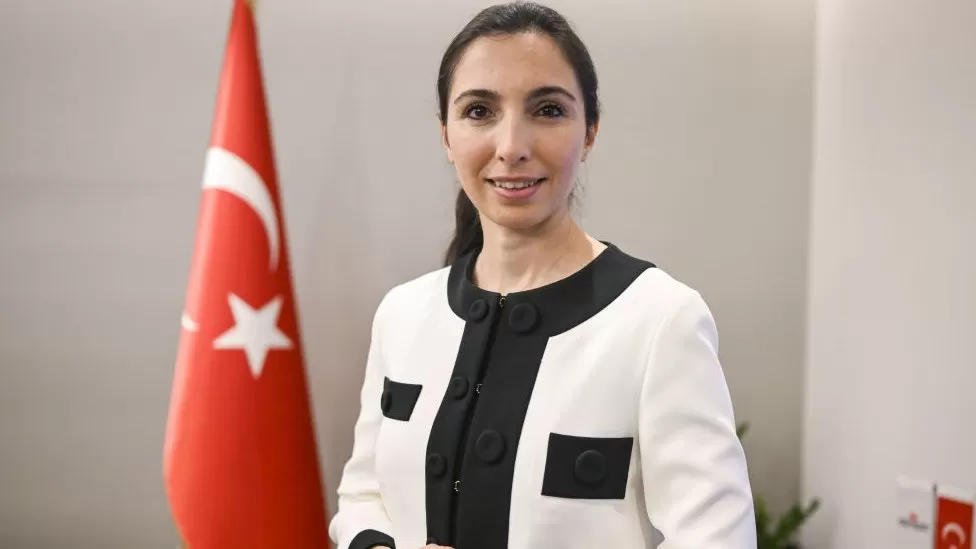TURKEY has hiked its main interest rate from 8.5% to 15%, reversing one of President Recep Tayyip Erdogan’s unorthodox economic policies.
The 6.5-point rise was far lower than economists were expecting, but it marked a major shift in policy by his new economic team brought in to tackle rampant inflation.
Turkey’s leader has until now insisted on keeping interest rates down.
Inflation is almost 40% and Turks are in the grip of a cost-of-living crisis.
The head of Turkey’s central bank, Hafize Gaye Erkan, 44, was only recruited from the US this month in the wake of Mr Erdogan’s re-election as president.
Her decision marks the first rise in interest rates since December 2020, after a turbulent period in which three central bank governors were fired in less than two years, as they sought to stick to orthodox economics.
Although the increase almost doubles Turkey’s policy rate to 15%, it is far less than many economists had forecast. US-based investment bank Morgan Stanley had suggested it would go up to 20%, while Goldman Sachs said it could hit 40%.
In its statement the bank’s monetary policy committee made clear that Thursday’s move was the start of a gradual process, with the target of bringing inflation down to 5%.
Its members said they had “decided to begin the monetary tightening process in order to establish the disinflation course as soon as possible… and to control the deterioration in pricing behaviour”.
President Erdogan’s problem is that Turkey’s inflation rate remains stubbornly high and its central bank’s reserves have fallen to critically low levels, after it spent billions of dollars trying to prop up the lira.
Interest rates have come down from 19% two years ago to 8.5% in recent months and the change in direction will have repercussions for a country already in economic crisis.







